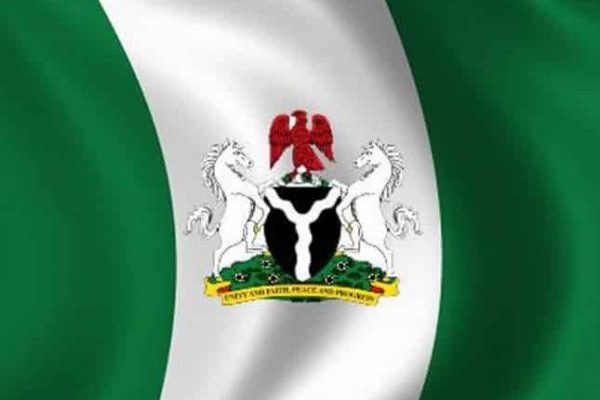The Priest Peace and Justice Initiative, the social arm of the Palace of Priest Assembly, has called on the Federal Government to strength anti-corruption mechanisms in Nigeria as the world celebrates the international anti-corruption day, saying there seems to be a spike in corruption due to the COVID-19.
The call was contained in a statement by the PPJ Programme Manager, Tive Denedo, on Tuesday.
The statement said the celebration of the international anti-corruption day in Nigeria should be beyond rituals of speeches and promises, but include pragmatic and practical steps of strengthening existing anti-corruption mechanisms that would ensure that acts of corruptions and those who perpetrated them are swiftly brought to justice through an anti-corruption system that is reinvigorated.
Denedo said the role of the Federal Government should be more than salutary in peculiar times like the ones experienced during the pandemic, adding that the urgency to provide medical supplies, food and shelters for infected people would mean certain measures are ignored, but it should not be a reason to undermine accountability and transparency protocols in financial transactions.

He said: “A time of crisis or emergencies is usually a time when corruption thrives because exemptions are made, or a leeway is created for quick fixes or quick dispenses that allows for corrupt practices. However, it is important to balance the need to quickly meet certain demands and the need for transparency and accountability as demanded by state laws. Lives will be at further risks if the crisis of the pandemic is compounded by the loss of state finances through massive corruption. Economic recovery will be difficult if not impossible under the circumstances of citizens who are ill and are battling recession at the same time.”
He emphasised that where that has happened, there is the tendencies for compromises that would lead to further financial burdens for the economy that is already under strain before the landfall of the pandemic and could increase the financial anxiety for the country in the last quarter of the year and even into the first quarter of 2021.
Denedo said unless the existing mechanisms are strengthened to arrest the trend in corruption, recovery from the current recession would be a herculean task if not carefully handled might spiral into unforeseen dimensions like this country has never witnessed before since independence.
According to him the Federal Government must show commitment to transparency and accountability as well as showing respect all extant procurement laws by all procuring entities at the state and federal levels in such a way that there are no hidden charges in the procurement process.
The statement added: “PPA specifically charges government to among other things ensure that: The Code of Conduct Bureau should be empowered to provide unfettered access to assets that have been declared by public office holders while those who are yet to declare their assets are compelled to do so within the first quarter of next year.
“There should be increased participation of CSOs in all the anti-corruption agencies.
“There should be increase in the numbers of operatives in the anti-corruption agencies to enable them carry out rapid investigation and prosecution of corruption cases in the country.
“There should be regular and consistent oversight by the anti-corruption and financial sector committees of the National Assembly.
“There should be compulsory use of the procurement provisions by all procuring entities at the state and federal level.
“The federal government must strengthen institutions, systems and processes that can block leakages in the financial sector.
“The federal and state governments must show improved political will to hold transgressors accountable for acts of corruption.
“The federal and state governments must take the pandemic as an urgent call for Nigeria to deploy technology to strengthen the anti-corruption strategy through building of long-term high returning institutions including the media, the judiciary and law enforcement agencies.”
—


